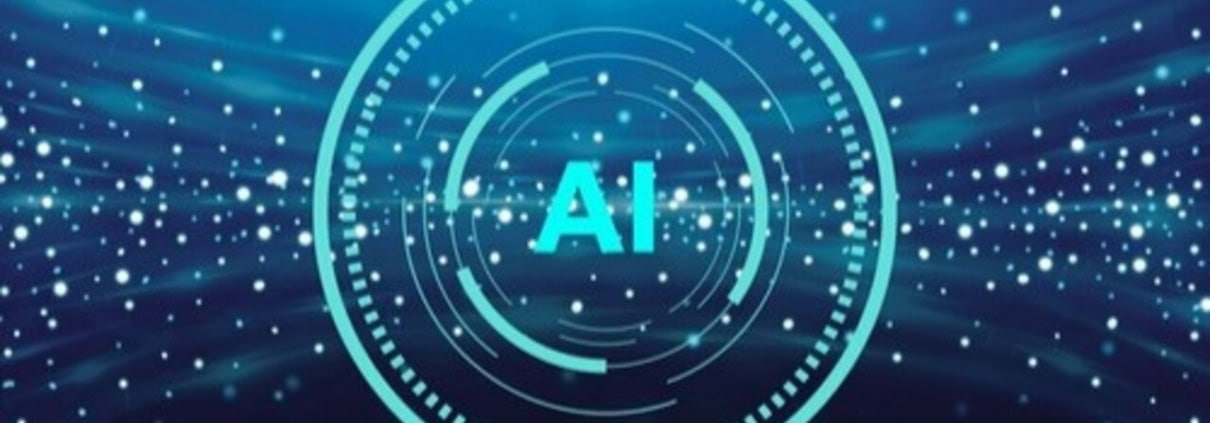Two Pioneers in Artificial Intelligence Receive Noble Prizes
Two pioneers of artificial intelligence — John Hopfield and Geoffrey Hinton — won the Nobel Prize in physics for helping create the building blocks of machine learning that is revolutionizing the way we work and live but also creates new threats for humanity.
Hinton, who is known as the godfather of artificial intelligence, is a citizen of Canada and Britain who works at the University of Toronto, and Hopfield is an American who is a professor emeritus at Princeton University.
“These two gentlemen were really the pioneers,” said Nobel physics committee member Mark Pearce.
The artificial neural networks — interconnected computer nodes inspired by neurons in the human brain — the researchers pioneered are used throughout science and medicine and “have also become part of our daily lives,” said Ellen Moons of the Nobel committee at the Royal Swedish Academy of Sciences.
Hopfield, 91, created an associative memory that can store and reconstruct images and other types of patterns in data.
“When you get systems that are rich enough in complexity and size, they can have properties which you can’t possibly intuit from the elementary particles you put in there,” he said in a press conference convened by Princeton. “You have to say that system contains some new physics.”
He echoed Hinton’s concerns, saying there was something unnerving about the unknown potential and limits of AI.
“One is accustomed to having technologies which are not singularly only good or only bad, but have capabilities in both directions,” he said.
The Royal Swedish Academy of Sciences said it awarded the prize to the two men because they used “tools from physics to develop methods that are the foundation of today’s powerful machine learning” that is “revolutionizing science, engineering and daily life.”
The award comes with a prize sum of 11 million Swedish crowns ($1.1 million), which is shared by the two winners.
British-born Hinton, 76, now professor emeritus at the University of Toronto, invented a method that can autonomously find properties in data and carry out tasks such as identifying specific elements in pictures, the academy said.
Asked about the concerns surrounding machine learning and other forms of artificial intelligence, Ellen Moons, chair of the Nobel Committee for Physics, said: “While machine learning has enormous benefits, its rapid development has also raised concerns about our future.
“Collectively, humans carry the responsibility for using this new technology in a safe and ethical way for the greatest benefit of humankind.”
The prizes have been awarded with a few interruptions since 1901. Outside the sometimes controversial choices for peace and literature, physics often makes the biggest splash among the prizes, with the list of past winners featuring scientific superstars such as Albert Einstein, Niels Bohr, and Enrico Fermi.
How BigRio Promotes Innovation in AI
We share the vision of these two AI pioneers and agree with the Noble Prize Committee’s recognition of the transformative impact of AI and now Generative AI (GAI)
To this end, we have launched an AI Studio specifically for US-based startups with GAI centricity. Our mission is to help AI startups scale and gear up to stay one step ahead of the pack and emerge as winners in their respective domains.
AI Startups face numerous challenges when it comes to demonstrating their value proposition, particularly when it comes to advanced AI solutions for pharma and healthcare. We have taken an award-winning and unique approach to incubating and facilitating startups that allow the R&D team and stakeholders to efficiently collaborate and craft the process to best suit actual ongoing needs, which leads to a faster, more accurate output.
We provide:
- Access to a top-level talent pool, including business executives, developers, data scientists, and data engineers.
- Assistance in the development and testing of the MVP, Prototypes, and POCs.
- Professional services for implementation and support of Pilot projects
- Sales and Marketing support and potential client introductions.
- Access to private capital sources.
BigRio has long been a facilitator and incubator in leveraging AI to improve healthcare delivery, originally in the field of diagnostics and research. We have recently been focusing our efforts on supporting startups and developing our own solutions that use LLMs and GAI to improve those areas of healthcare as well as in direct patient interactions and customer relationship management.
We believe that Generative AI will be most powerful when it is used to enhance, not substitute, human knowledge and creativity. For this reason, Damo and BigRio’s GenAI focus is on working with industry leaders and innovators to create custom tools that augment human intellect, allowing people to know more, do more, and create more than ever before. Customized Onsite, In-Person Healthcare-focused Learning & Ideation Workshops to Accelerate Your GenAI Journey: https://bigr.io/genai-workshops-for-healthcare-providers/
You can read much more about how AI is redefining healthcare delivery and drug discovery in my new book Quantum Care: A Deep Dive into AI for Health Delivery and Research. It’s a comprehensive look at how AI and machine learning are being used to improve healthcare delivery at every touchpoint.



